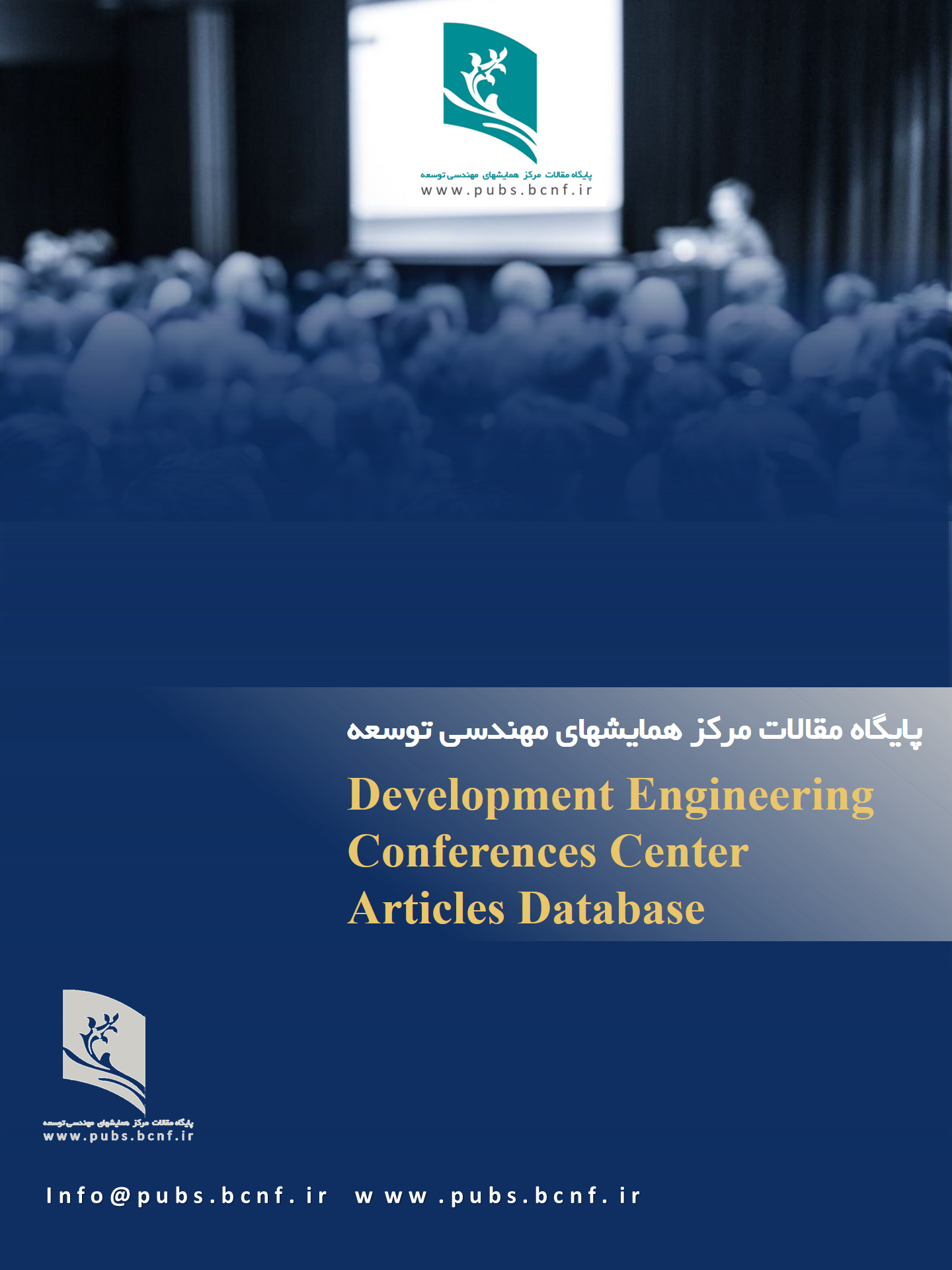چالشها و راهکارهای پیادهسازی هوش مصنوعی در صنعت نفت با تأکید بر امنیت و پایداری سیستمها
Keywords:
پیادهسازی هوش مصنوعی, صنعت نفت, امنیت, پایداری سیستمهاAbstract
در صنعت نفت، پیادهسازی هوش مصنوعی (AI)[1] با چالشهای متعددی مواجه است که از جمله آنها میتوان به امنیت و پایداری سیستمها اشاره کرد. این مقاله به بررسی چالشهای کلیدی در پیادهسازی هوش مصنوعی در صنعت نفت میپردازد و راهکارهای ممکن برای غلبه بر این چالشها را ارائه میدهد. یکی از چالشهای اصلی، مدیریت دادهها است که شامل جمعآوری، ذخیرهسازی، و تحلیل حجم عظیمی از دادهها با کیفیت و تنوع بالا میشود. همچنین، امنیت دادهها و سیستمها در برابر حملات سایبری و نفوذهای غیرمجاز از اهمیت بالایی برخوردار است. پیادهسازی مدلهای هوش مصنوعی نیازمند زیرساختهای قوی و پایدار است که توانایی مقابله با خرابیها و نوسانات عملیاتی را داشته باشند. برای مقابله با این چالشها، استفاده از فناوریهای ابری، استانداردهای امنیتی پیشرفته، و توسعه نیروی کار متخصص در زمینه AI و امنیت سایبری پیشنهاد میشود. همچنین، همکاریهای بینالمللی و به اشتراکگذاری تجربیات میتواند به بهبود فرآیند پیادهسازی و افزایش بهرهوری کمک کند. این مطالعه نشان میدهد که با وجود چالشهای موجود، استفاده از هوش مصنوعی میتواند به طور قابل توجهی به بهبود عملکرد و کارایی صنعت نفت کمک کند، به شرط آنکه اقدامات مناسب برای تضمین امنیت و پایداری سیستمها انجام شود.
Downloads
References
1.Sircar,A.,Yadav, K.,Rayavarapu,K., Bist, N.,& Oza, H. (2021). “Application of machine learning and artificial intelligence in oil and gas industry,”
2.Haroon, S., Viswanathan, A., & Shenoy, R. (2018). “From Insight to Foresight: Knowing How to Apply Artificial Intelligence in the Oil & Gas,” Industry](https://ptolemy.berkeley.edu/projects/cps/).
3.Zhi-Qiang Ma et al., (2019), “Ultrahigh sensitive non-enzymatic glucose sensing based on CuO hollow spheres supported by three-dimensional graphene,” Volume 206, 15 February 2019, Pages 597-605
4. Xinyu Zhou et al.,(2020), “A review of the application of Artificial Intelligence in the petroleum industry,” Volume 143, 15 May 2020, Article 113129
5. Yildiz and Camci., (2019), “Oil Well Health Monitoring Using Deep Long Short-Term Memory Networks,” Volume 15, Issue 12, December 2019, Pages 6153-6162
6.Eren Güven and Cem Kuzu., “A comprehensive review of artificial intelligence techniques for oil and gas application,” Volume 177, 1 September 2021, Article 114898
7.Chen et al., 2020: "Developing Robust Cybersecurity Protocols for Oil and Gas", International Journal of Critical Infrastructure Protection, Volume 28, Article 100336.
8.Zhang et al., 2018: "Continuous Data Monitoring for Enhanced AI Decision Making in Oil Industry", Expert Systems with Applications, Volume 99, Pages 93-105.
9.Hossain et al., 2019: "Sustainability and Efficiency through AI in Oil Production", Applied Energy, Volume 242, Pages 1042-1050.
10.Krishna et al., 2018: "Cybersecurity in Oil and Gas Industry: Increasing Threats and Solutions", Future Generation Computer Systems, Volume 93, Pages 77-91
11.Gupta et al., 2019: "Data Integrity in AI Systems for Oil and Gas", Journal of Petroleum Science and Engineering, Volume 174, Pages 12-24.
12.Ranjan et al., 2020: "Challenges in Implementing AI in Oil and Gas", Computers & Industrial Engineering, Volume 139, Article 106178.Gupta et al., 2019: "Data Integrity in AI Systems for Oil and Gas", Journal of Petroleum Science and Engineering, Volume 174, Pages 12-24.
13.Chen et al., 2020: "Developing Robust Cybersecurity Protocols for Oil and Gas", International Journal of Critical Infrastructure Protection, Volume 28, Article 100336.
14.Zhang et al., 2018: "Continuous Data Monitoring for Enhanced AI Decision Making in Oil Industry", Expert Systems with Applications, Volume 99, Pages 93-105.
15.Azad M et al.2019: "Constructing Models for Systems Resilience:Challenges, Concepts, and Formal Methods",24 January 2020.
16.H. Li, H. Yu, N. Cao, H. Tian, and S. Cheng, "Applications of artificial intelligence in oil and gas development," Archives of Computational Methods in Engineering, vol. 28, no. 3, pp. 937-949, 2021.



